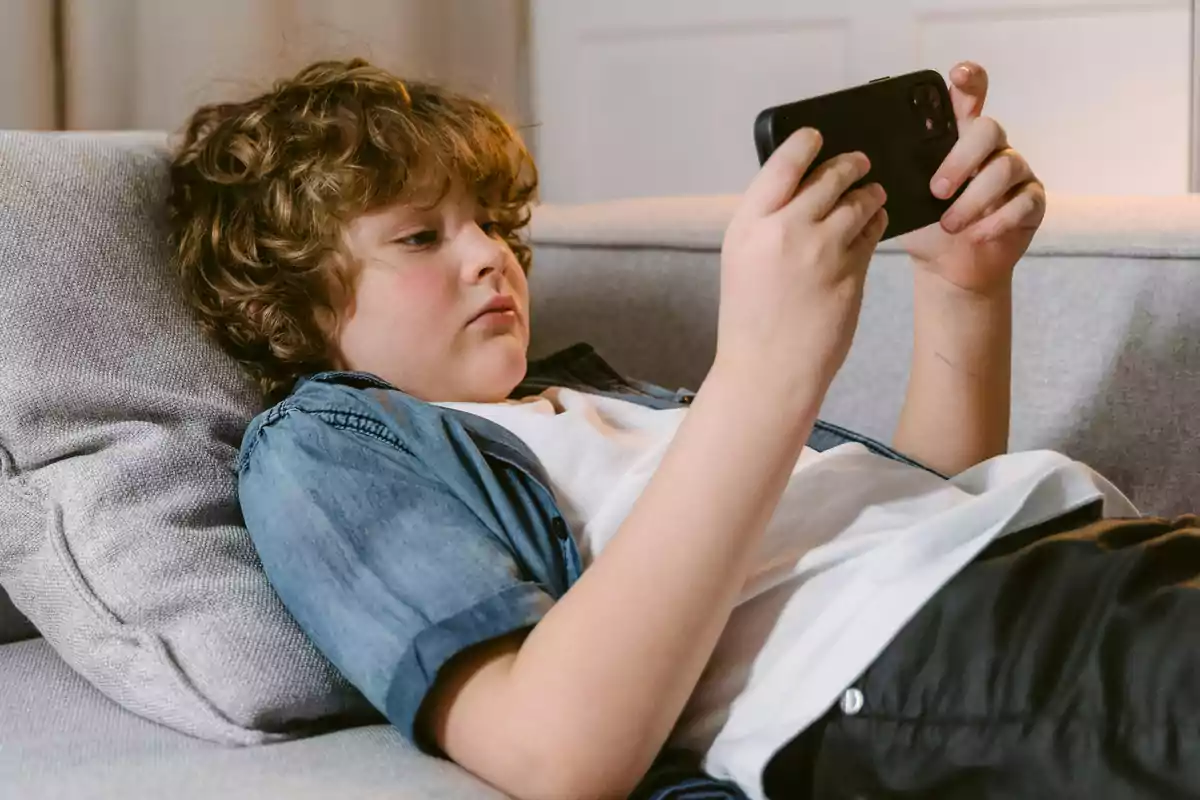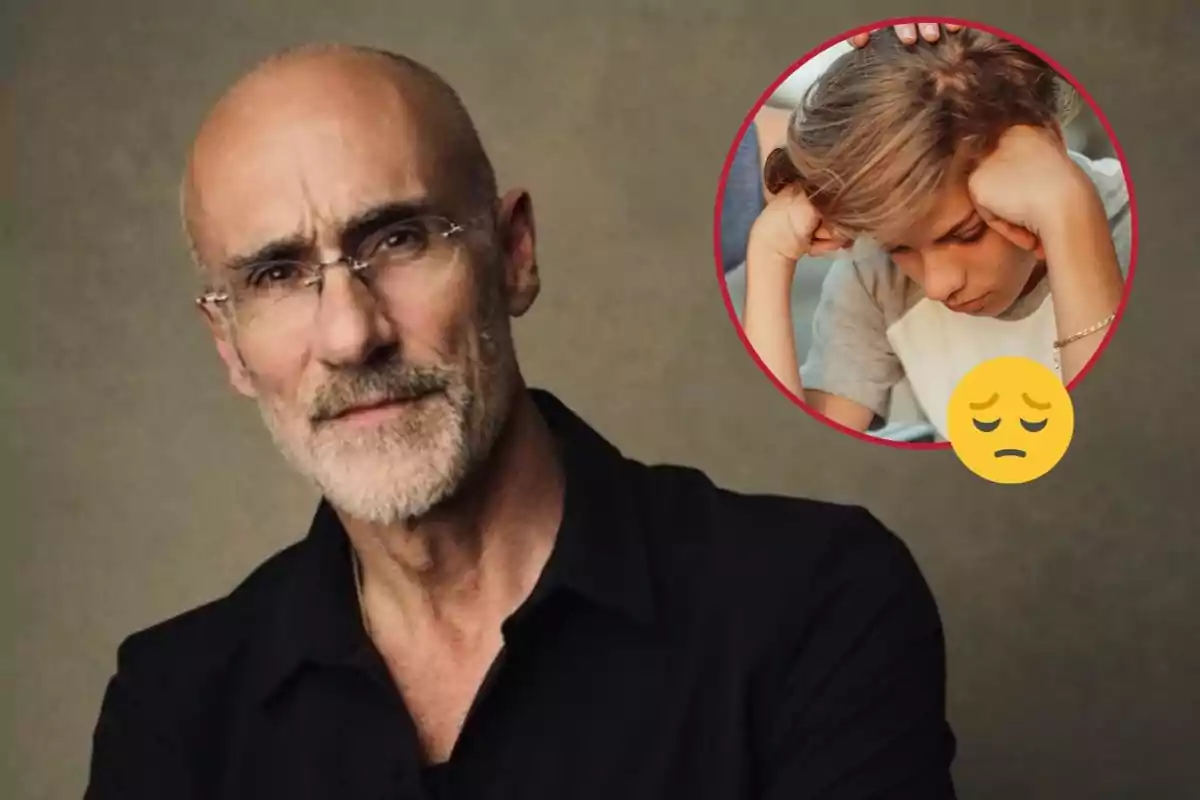In recent years, a worrying trend has been detected among young people around the world. Although they live surrounded by technology, comforts, and opportunities, many have started their adult lives feeling lonelier and more lost than ever. Arthur C. Brooks, a Harvard professor and one of the most influential voices in the study of emotional well-being, has pointed this out.
Through the Global Flourishing Study, a study conducted over five years in more than 22 countries, Brooks has discovered that youth unhappiness is not a local problem, but a global one. According to his data, more and more young people are suffering from a deep emotional disconnection. This lack doesn't come from poverty or a lack of resources, but from something much simpler: real human contact.

What happens to your child if they're not happy? It's not what you imagine
The specialist explains that virtual interactions have gradually replaced face-to-face conversations, which has had consequences that are already visible. Young people are used to communicating through messages, likes, and quick video calls, but they've lost the habit and, in many cases, the ability to connect deeply. This lack of close bonds directly impacts their mental health and their perception of the world.
Traditionally, people thought that happiness followed a curve: it dropped in middle adulthood and then rose again with maturity. But in the new generations, that curve no longer exists. Many young people have started their adult lives from the bottom, without that initial optimism that used to accompany the first years of independence.

The key for your child to recover their lost happiness
Even so, not all is lost. The study has also confirmed that those who keep close relationships, deep friendships, family or community bonds, are more likely to feel good about themselves. Real contact remains the best antidote to chronic sadness.
In addition, Brooks has emphasized the importance of cultivating an inner life. Not necessarily tied to a formal religion, but to a spiritual, creative, or reflective practice that allows one to reconnect with oneself. People who find meaning in what they do, whether through faith, art, or philosophy, report higher levels of well-being.

When having everything isn't enough: the void that the hyperconnected generation drags and how to overcome it
A particularly unsettling finding of the study is that, in many wealthy countries, the increase in economic well-being hasn't brought more purpose in life. In fact, the opposite happens: the more wealth, the greater the existential void. Because having everything is useless if you don't know what it's for.
Faced with this situation, Brooks proposes three steps: prioritize in-person relationships, rediscover the spiritual or philosophical meaning of life, and don't put money at the center of everything. In his words: "Material comforts are great, but they don't replace what your heart really needs."
The message is clear: if your child isn't happy, don't look for the cause only in what they're missing. Also look at what they've stopped experiencing: a hug, a deep conversation, an afternoon without screens. Because true happiness, as always, is still found in the simplest and most human things.

